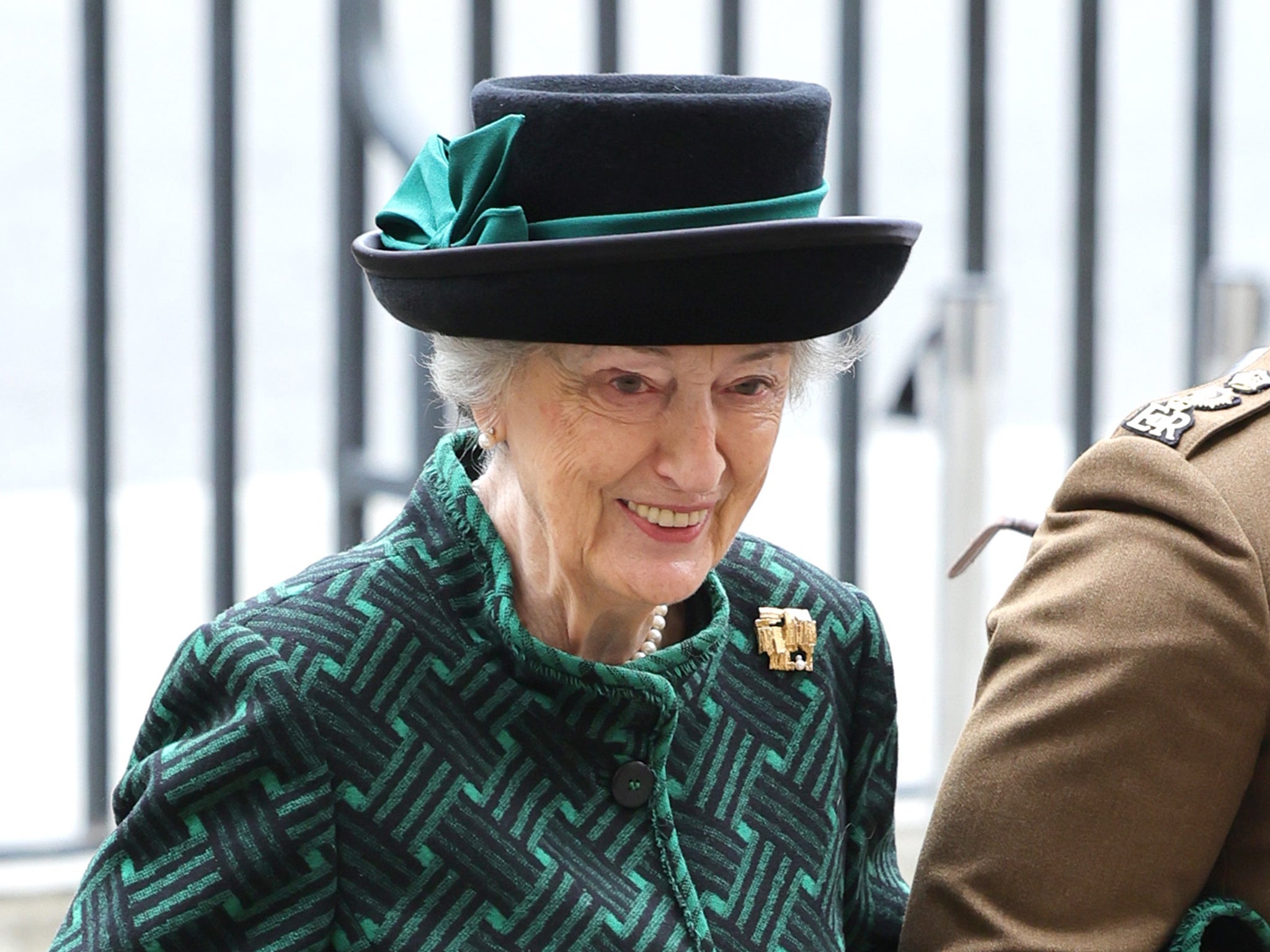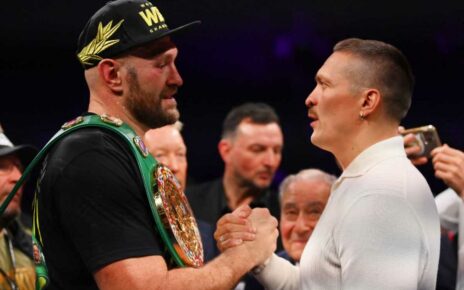Sign up to our free sport newsletter for all the latest news on everything from cycling to boxing
Sign up to our free sport email for all the latest news
Thanks for signing up to the
Sport email
Luke Donald unsurprisingly kept faith with his history-making foursomes pairings as Europe looked to extend their lead on day two of the Ryder Cup.
After enjoying an unprecedented clean sweep of the opening session, the home side also staged three dramatic comebacks in the afternoon fourballs to ensure the United States failed to win a match in a day’s play for the first time.
The resulting five-point lead equalled the largest in the contest’s history, a margin most recently achieved at Oakland Hills in 2004, when US captain Hal Sutton disastrously paired Tiger Woods and Phil Mickelson twice on day one.
Despite Friday’s one-sided display, Donald remains wary of the USA’s potential, telling Sky Sports: “You always have to be careful of a wounded animal like the US are right now: they have a stacked team, they are very strong.”
Recommended
His only change was to send Rory McIlroy and Tommy Fleetwood out first, against Justin Thomas and Jordan Spieth, with Jon Rahm and Tyrrell Hatton switched to match four against Patrick Cantlay and Xander Schauffele.
Viktor Hovland and Ludvig Aberg remained in match two against world number one Scottie Scheffler and Brooks Koepka, with Shane Lowry and Sepp Straka taking on Max Homa and Open champion Brian Harman.
United States captain Zach Johnson had kept two foursomes pairs together despite the opening whitewash, although his hand had no doubt been forced by an illness spreading through the team.
“There’s been some unforeseen things that we’ve had to navigate around, which is really unfortunate, in the sense of health,” Johnson said.
“It’s not an excuse because we have depth but I’ll just say I’m grateful we have a team doctor. Guys are fighting and playing regardless.
“It’s one of those where sometimes the energy is probably a little low, but the ability and desire to go out and play is still there.”
Source: Read Full Article





